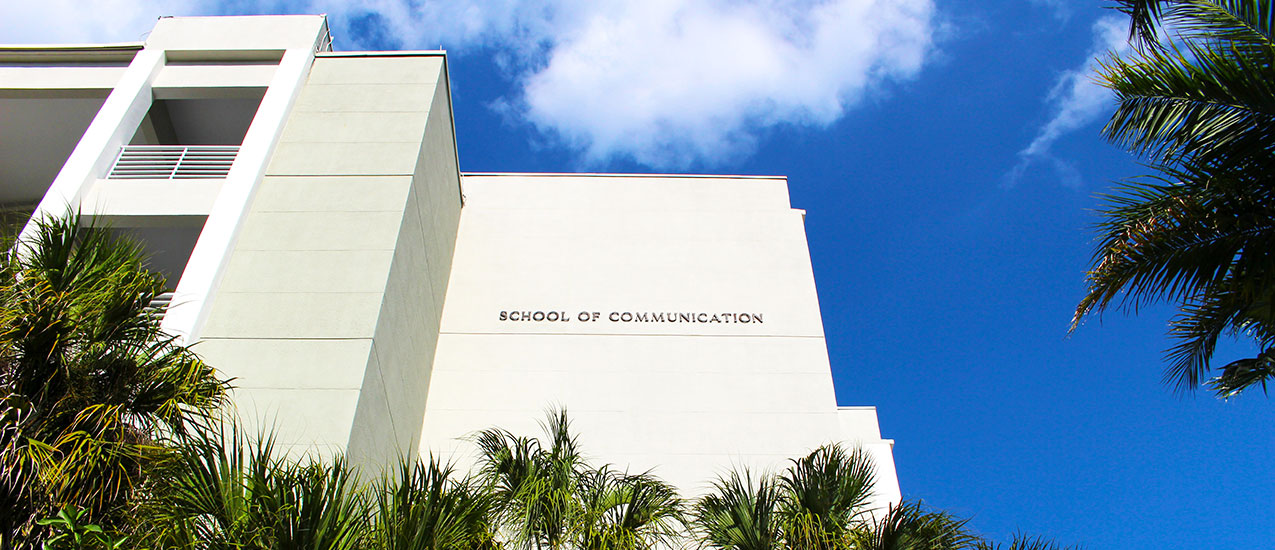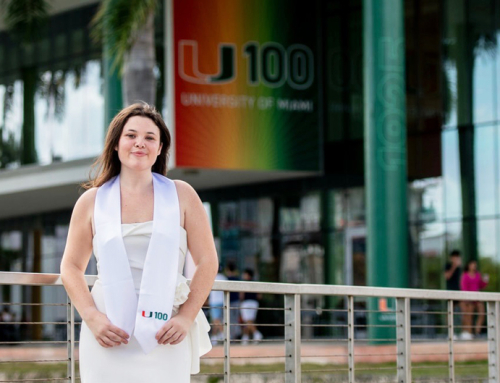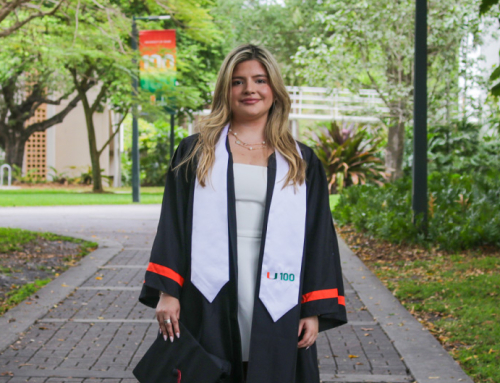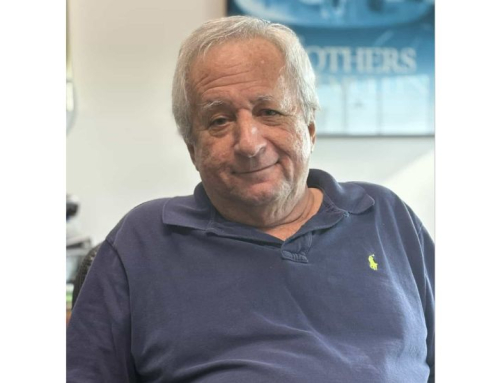Our School of Communication at the University of Miami values this opportunity to contribute our institutional voice to those of the stalwart millions decrying racial injustice, police brutality, and anti-Black racism in our country. We stand firmly against all forms of discrimination and oppression, across multiple identities, and steadfastly in support of policies, such as the recent Supreme Court decision on behalf of LGBTQ rights. Our School colleagues have contributed to this statement articulating our concern with serious inequities and our sincere intention to foster a more just society.
Our goal is not to proffer a declaration of reform that fades when the spotlight of national attention dims. There is much that has been offered, discussed and dismissed over decades-old attempts to effect institutional change. The difference now must be our commitment to fulfill these promises. Because a mere reckoning with wrongdoing is not a remedy, we seek to activate change.
We are saddened and outraged over the recent and historic unjust killings and attacks on African Americans and other people of color. We must overcome the inertia of indifference by halting the long arm of systemic racial injustice that led to the deaths of George Floyd in Minneapolis, of Breonna Taylor in Louisville, of Ahmaud Arbery in Brunswick, Georgia, of Trayvon Martin in Sanford, Florida, and of many others known and unknown.
We concur with the challenge issued by University of Miami President Julio Frenk to take our “emotions and turn them into a catalyst for change.” Through our School of Communication, we are purposefully determined to serve as an exemplary change leader within our academic, professional, and civic communities.
We commit to putting diversity at the forefront of policies and practices, especially as they relate to African American recruitment, promotion, and retention. We must establish a broader, inclusive academic agenda that highlights the issues and values of a diverse global community. Through listening and learning, we aim to sustain a culture of respect and dignity, open to reflection and action.
We understand the importance of providing the institutional, financial, collegial and mentoring support needed to help ensure the success of our colleagues and students. These include encouraging and prioritizing student-led initiatives to diversify programming, organizations, and publications.
We intend to hold ourselves publicly accountable in this effort. Through inclusive dialogue and collective support, we commit to creating an urgent agenda for change in Fall 2020 at the School of Communication.
Respectfully,
Dean Karin Wilkins






